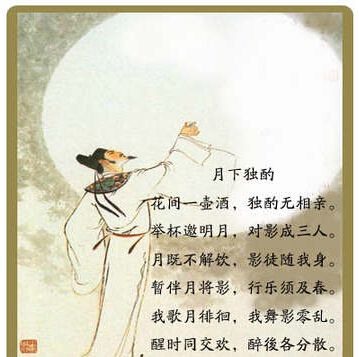迪士尼为了提高女性员工的地位,做了点大事情
|
说起迪士尼,这是一个造梦的公司。 不少80后和90后的童年都被它承包了。(所以现在上海迪士尼的游客反而是成人更多) 但即便是这样一家造梦公司,也和很多大公司一样,存在着性别等方面的不平等;不管是显性的还是隐性的,不管是有意的还是无意的,这种问题一直存在。 而现在,迪士尼想出了一个奇特的方法来提高女性员工的地位——教她们一门新技能。 “You're about to learn what it means to be a software engineer. You're about to learn a lot about this company, and how technology is used to make the magic. But I think the biggest part is, you're going to learn a lot about yourself.” 说刚刚这段话的时候,尼基·卡茨(Nikki Katz)正在发表一番激动人心的讲话,这段对话发生的地点是位于加州的迪士尼总部大楼,房间里的墙上贴满了动画角色,如无敌浩克、《冰雪奇缘》里的雪宝,以及皮克斯制作的《头脑特工队》里的角色。 作为迪士尼的技术副总裁(VP of technology),卡茨的职业背景并不出人意料,包括斯坦福大学的学位和在雅虎等公司的工作经历。
They're participants in CODE: Rosie, a program that gives women already at the company in non-technical roles an opportunity to switch careers. 为期三个月的培训包括基本的计算机科学概念到Python等编程语言,之后她们将进入为期一年的学徒期,每半年进入公司的不同团队。 然后,她们将有机会在迪士尼的技术团队中找到一份工作。
“Coding is the language of the modern world, because everything is centered around technology,” says Leilenah Mamea, a participant in the first CODE: Rosie class who formerly worked in finance and now writes code for sites such as Disney.com and StarWars.com. “Now I can contribute to that language and those conversations.” 当然,要办起这样一个项目也不容易。 迪士尼不得不从零开始创建关于这一项目的几乎所有东西,并且在某些情况下根据今年的班级重新思考。今年是第二批,也是首次面向迪士尼所有部门的女员工开放。 “We haven't found any precedents—internally or externally—for program like this,” says Katz. CODE:Rosie 中的CODE是Creating Opportunities for Diverse Engineers 的缩写,意思是为多元工程师创造机会。 Rosie 部分来自著名海报《铆工罗茜》(Rosie the Riveter),它是第二次世界大战期间工作女性的象征;公司内部的CODE Rosie的标志甚至描绘了米老鼠米妮模仿罗茜标志性的卷起袖子姿势。
在ENIAC编程人员帮助创造历史的几十年后,女性在软件工程领域发挥了重要作用。但美国计算机科学专业的女性比例在30多年前达到了顶峰,近年来却一直在下降。 In a company with almost 200,000 employees around the world, a 20-person training effort like CODE: Rosie 2.0–which is open only to Los Angeles-area staffers–can't accommodate everyone who might benefit from it. 但她很快补充说,这个项目不仅改变了参与者的生活,而且也改变了迪士尼这家公司。 “When you do something authentically, for the right reasons, that is maybe a little different from the way we've tried things before, it tends to have these ripple effects in the organization.” she says. “And that's what I've really loved about the program. Sure, for the women in the first cohort, there are many celebrities on campus. But also, for the rest of us, it's just been really affirming that we get to work at a company that would invest in a program like this.” |








